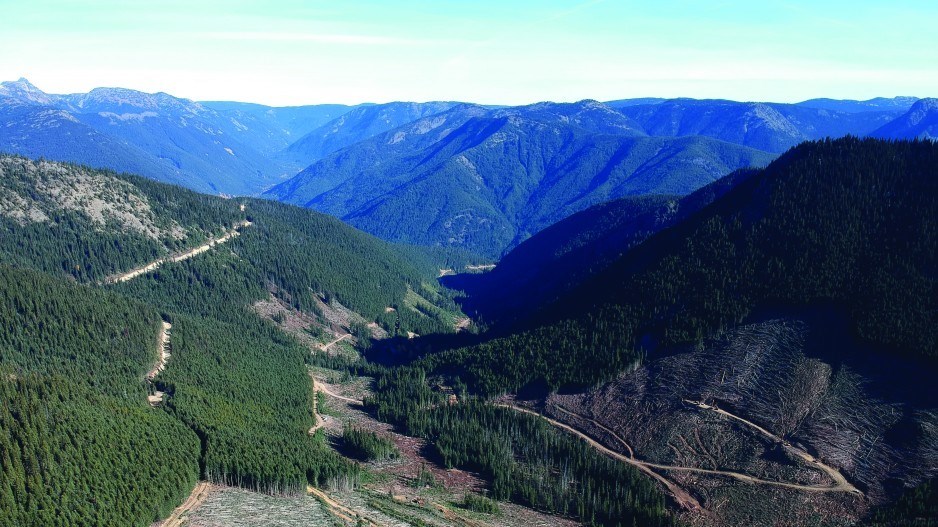The B.C. government has reached an agreement with Imperial Metals (TSX:III) not to exercise its mineral exploration rights in an area between two provincial parks, commonly known as the Skagit “donut hole.”
The hole is an exclusion zone between Skagit and Manning Parks, where both logging and mineral exploration were permitted.
It was left out of Class A park designation when the Skagit Valley recreation area was declared a provincial park in 1996. Skagit Valley Provincial Park merges with E.C. Manning Provincial Park, except in the donut hole area.
In 2019, the Wilderness Committee raised concerns about logging in the area by BC Timber Sales, and mineral claims held by Imperial Metals. The Silverdaisy and Skagit watersheds are important habitat for salmon.
In December 2019, the B.C. government announced it would halt logging in the donut hole, and today it announced that it has signed a Memorandum of Agreement with Imperial Metals and the Skagit Environmental Endowment Commission in which Imperial Metals will return all of its mining and exploration rights in the 5,800-hectare Skagit River Donut Hole.
“Our objective as a mining company would have been to proceed with exploration of our claims,” Imperial Metals CEO Bryan Kynoch said in a government news release. “But as a company that is responsive to the aspirations of Indigenous communities, government and neighbours, we support this agreement.”
“Protecting the Skagit River by extinguishing these mining tenures is a historic step forward in the stewardship of the Upper Skagit watershed,” Thomas Curley, Canada co-chair of the Skagit Environmental Endowment Commission.
Both the Skagit and Manning provincial parks are popular backcountry playgrounds. The area to be protected is also part of a watershed that is important for salmon on the U.S. side of the border. Today's announcement was applauded by conservationists, First Nations and politicians on both sides of the border.
“Today the Swinomish Tribal Community celebrates the permanent protection of the Skagit River Headwaters from mining,” Swinomish Tribal Community Chairman Steve Edwards said in a news release.
“This is an extraordinary conservation success that will benefit current and future generations of Coast Salish People, and we express our gratitude to all our conservation partners who advocated with us to protect our salmon and ecosystem forever.”
"This agreement is a shining example of the importance of cross-border collaboration when confronted with challenges that know no borders," Washington Governor Jay Inslee said.




